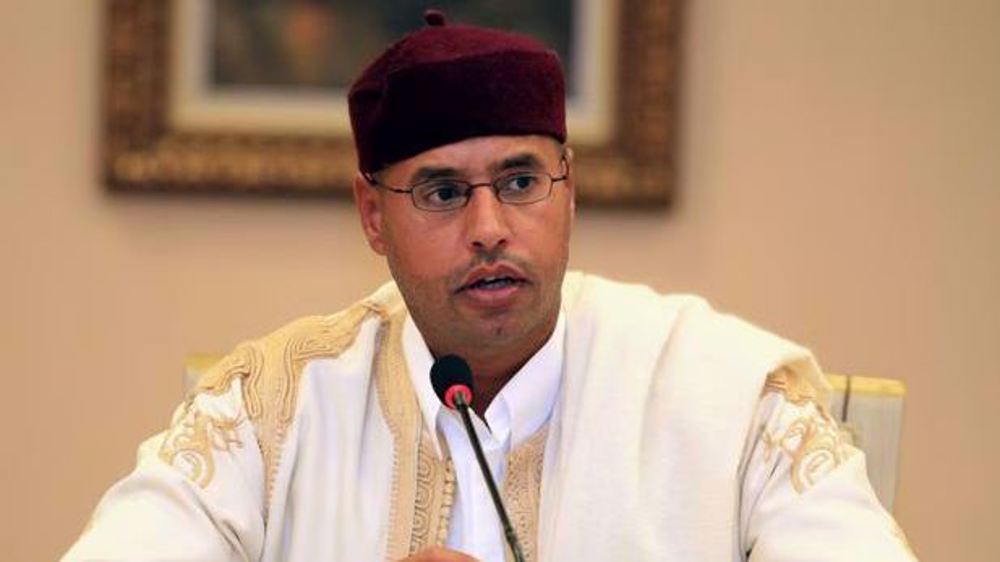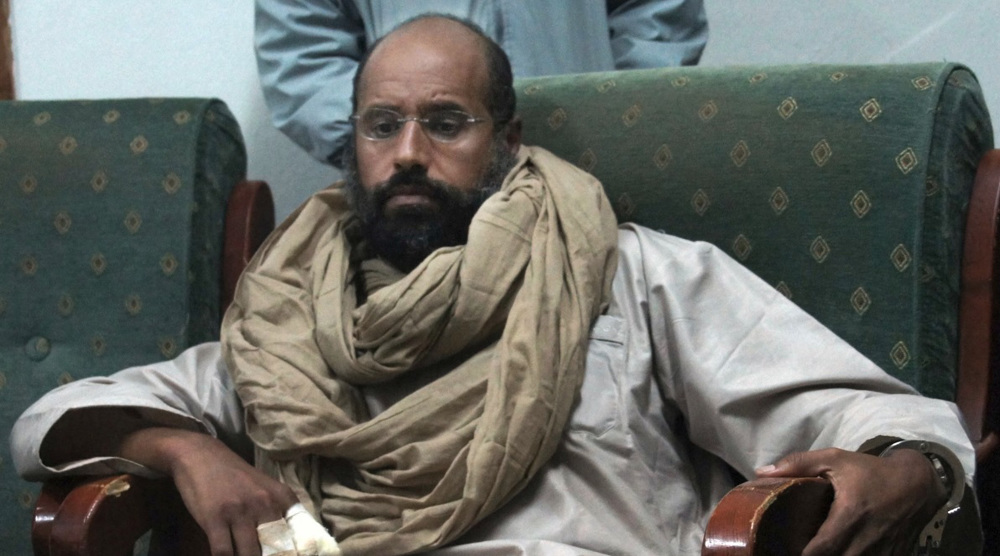Turkey, UAE clash over Libya conflict, trade accusations of interference
A war of words has escalated between Turkey and the United Arab Emirates (UAE) over Libya, where the two states support opposing sides in the African country’s long-running conflict.
The Emirati minister of state for foreign affairs, Anwar Gargash, has slammed Turkish defense minister for his recent comments about Abu Dhabi’s role in Libya, urging Ankara to sop meddling in the affairs of Arab states.
“Relations are not managed by threats and there is no place for colonialist delusions in this day and age,” Gargash wrote on Twitter, referring to the collapse of the Ottoman Empire.
Turkish Defense Minister Hulusi had earlier censured “malicious” actions by the UAE in Libya, where Abu Dhabi — along with Egypt, Russia and others – has been supporting rebel forces led by renegade Khalifah Haftar in an offensive to seize power from the internationally-recognized government in Tripoli.
“Abu Dhabi does what it does in Libya, does what it does in Syria. All of it is being recorded. At the right place and time, the accounts will be settled,” Akar said in an interview with Qatar's Al Jazeera Arabic broadcaster.
“It is necessary to ask Abu Dhabi, where this hostility, where these intentions, where this jealousy comes from,” he added.
With crucial help from Turkey, the Tripoli government has gained the upper hand in the counter-offensive against the Hafter-led rebels after it reversed many of their gains both around the capital and elsewhere in the country.
The Turkish military has been providing air cover, weapons, and proxy militia from Syria to help the Libyan government.
Egypt has, in recent weeks, threatened to militarily intervene if Libyan government forces act on a pledge to press to recapture the coastal city of Sirte, which fell to Haftar’s rebels in January.
Libya has been beset by chaos since the overthrow of ex-dictator Muammar Gaddafi on the back of a NATO military intervention in 2011.
Since 2014, two rival seats of power have emerged, namely the UN-recognized Libyan government, headed by Prime Minister Fayez al-Sarraj, in Tripoli, and another group, which is based in the eastern city of Tobruk and supported militarily by Haftar-led forces.
Libyans fear future as warring sides vie for control: UN envoy
The Libyan conflict has over the past years taken a heavy toll on the lives as well as the economic state of civilians in the oil-rich country.
The acting United Nations (UN) special envoy for Libya said on Saturday that the Libyan people are concerned that external actors could strip them of the right to decide their own future.
“The Libyan people are exhausted and scared in equal measure,” Stephanie Williams said on a visit to London. “They are tired of war, and want peace, but they fear this is not in their hands now. They want a solution and a ceasefire. The alternative to a ceasefire and an inclusive political solution is essentially the destruction of their country.”
The UN envoy went on to say, “With so many external actors with their own agendas, the risk of miscalculation and a regional confrontation is high.”
Williams emphasized that the conflict unfolding in Libya was to the detriment of civilians and said, “This is as much a battle between external rivals, as a civil war now, in which the Libyans are losing their sovereignty.”
The UN secretary-general also warned last month that foreign interference in the conflict in Libya had reached “unprecedented” levels.
“The [Libyan] conflict has entered a new phase, with foreign interference reaching unprecedented levels, including in the delivery of sophisticated equipment and the number of mercenaries involved in the fighting,” Secretary-General Antonio Guterres said in an address to a high-level virtual meeting of the UN Security Council.
Iran: Israeli violations main obstacle to peace, security in Syria
Indian author pulls out of Berlinale over jury’s ‘unconscionable’ refusal to comment on Gaza
Bangladesh Nationalist Party secures victory in general election
VIDEO | British High Court rules against ban on Palestine Action Group
Tehran urges ‘serious’ revision in EU ‘unconstructive’ approaches
Hamas slams Israeli settlers’ ‘criminal aggression’ in West Bank
VIDEO | Press TV's news headlines
VIDEO | Iran launches 'Holy Qur'an Does Not Burn' campaign to restore mosques damaged in unrest












 This makes it easy to access the Press TV website
This makes it easy to access the Press TV website